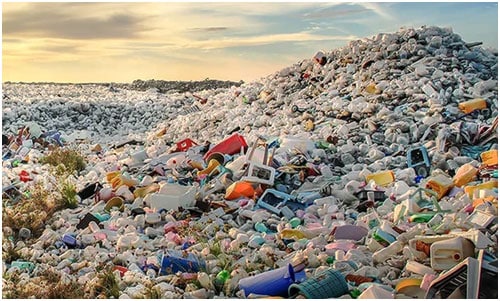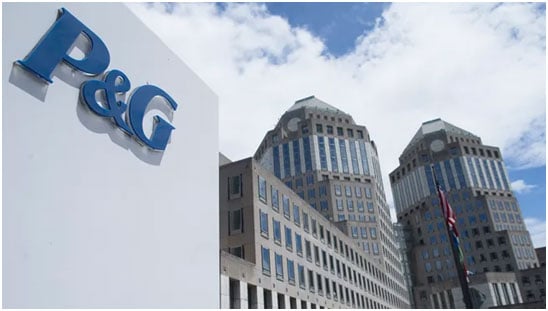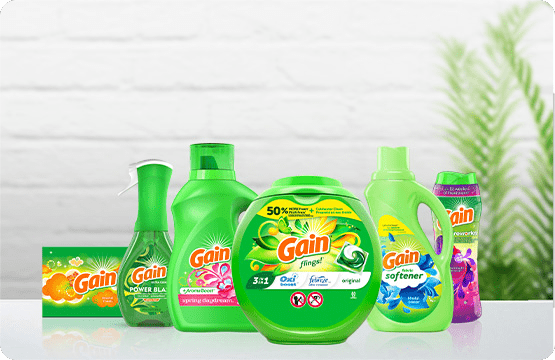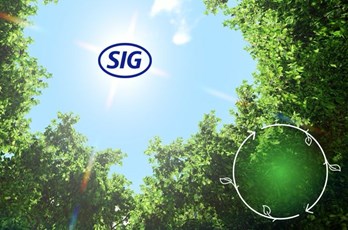The “Gain Detergent Bottle Brigade” program is a great example of how a circular economy business model can be implemented in the consumer goods industry. The program is operated by TerraCycle, a recycling and waste management company, in partnership with Procter & Gamble (P&G).
The program is designed to capture post-consumer plastic bottles that would otherwise end up in landfills, and recycle them into new bottles for P&G’s Gain brand of laundry detergent. This closed-loop system is a prime example of how a circular economy can be applied to the consumer goods industry.

Here’s the process in more detail:
- Consumers can purchase Gain laundry detergent in plastic bottles.
- Once they have used the detergent, they can then send the empty bottles back to TerraCycle using prepaid shipping labels or by dropping them off at designated TerraCycle collection points.
- TerraCycle will then collect the bottles, clean them and sort them by type of plastic.
- The plastic bottles are then processed into flakes by grinding and washing them.
- These plastic flakes are then turned into pellets, which can be used as raw material to produce new plastic products, such as new bottles for P&G’s Gain detergent.
- The new bottles are then sent back to P&G to be filled with detergent and sold to consumers.
By implementing this closed loop system, P&G is able to reduce its dependence on virgin plastic, which can be more expensive and environmentally damaging to extract, and instead use recycled plastic. This not only helps to reduce costs for P&G but also helps to reduce the amount of plastic waste that ends up in landfills.
The program not only benefits the environment but also the business. P&G has reported significant cost savings as a result of the program, as they are able to reduce their dependence on virgin plastic and instead use recycled plastic which is cheaper. Furthermore, recycling and reusing bottles also reduces P&G’s carbon footprint and the company’s brand image is reinforced by being an environmentally responsible company.

To increase consumer engagement in the program, TerraCycle has implemented a rewards system. Consumers can earn points for each bottle they recycle, which can be redeemed for discounts on P&G products or charitable donations. This helps to incentivize consumers to participate in the program and do their part in promoting a circular economy.
Overall, the “Gain Detergent Bottle Brigade” program is a prime example of how circular economy business models can not only be beneficial for the environment but also for businesses. The program has been successful in preventing plastic waste from ending up in landfills and providing cost savings for P&G, while also promoting consumer engagement and promoting a more sustainable future.
Vikram Prabakar, is the Co-founder and Chief Product Officer of Recykal, which provides the digital ecosystem for the circular economy in India.
Vikram comes with over 15 years of experience in designing and delivering innovative technology solutions for global enterprises while working with leading product companies like Oracle America Inc., Highradius. With the startup journey at Recykal, Paywiff and Hita Informatics, he has transformed into a business leader, focused on enabling businesses to achieve scale.
He is equally passionate about building great organisations, nurturing talent, and bringing the best out of people.






